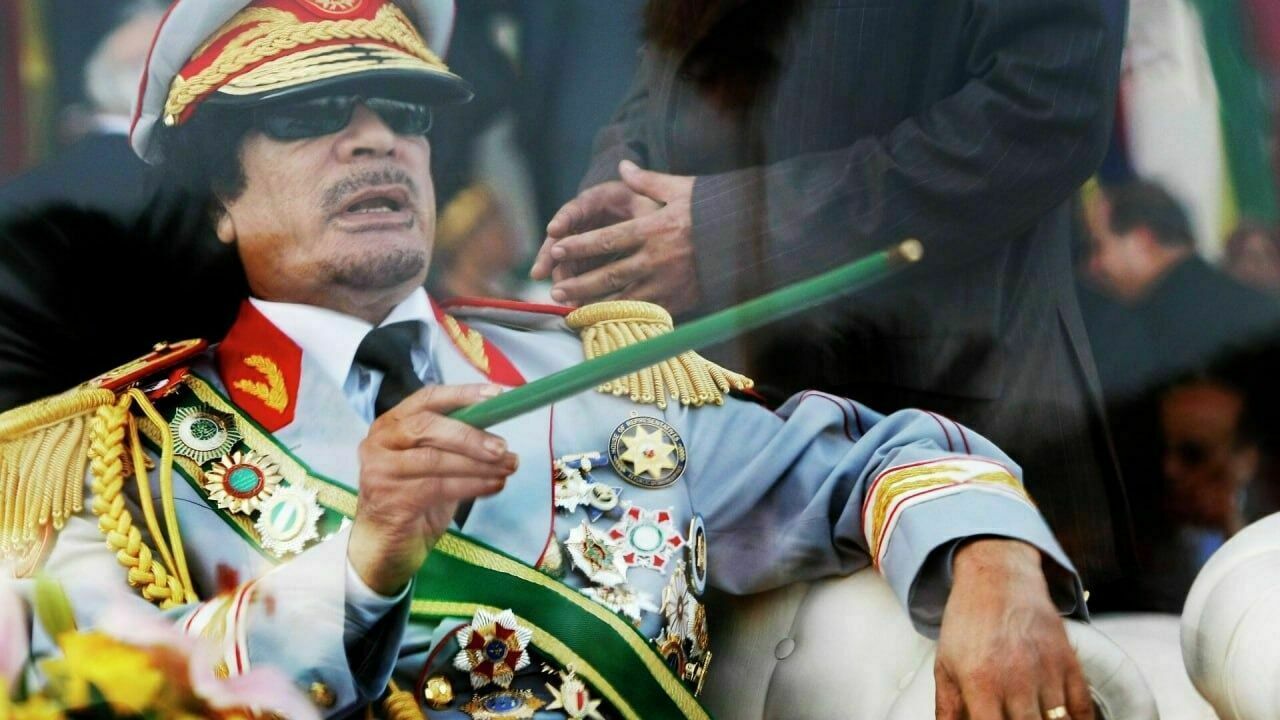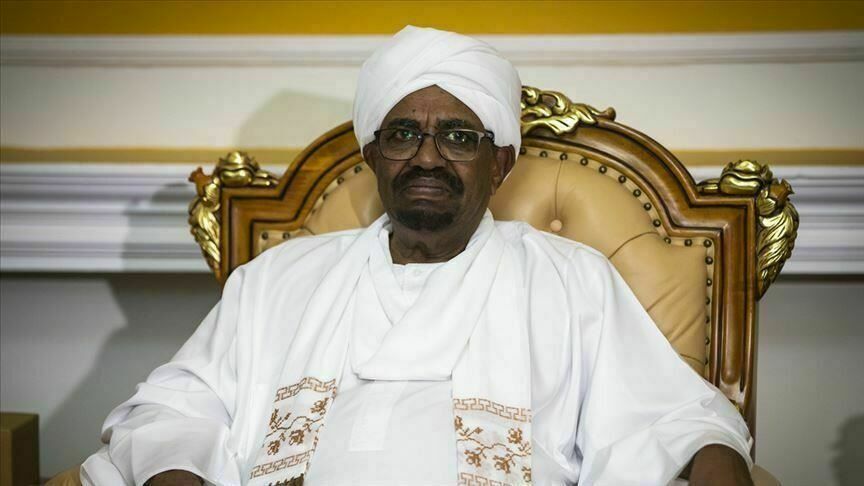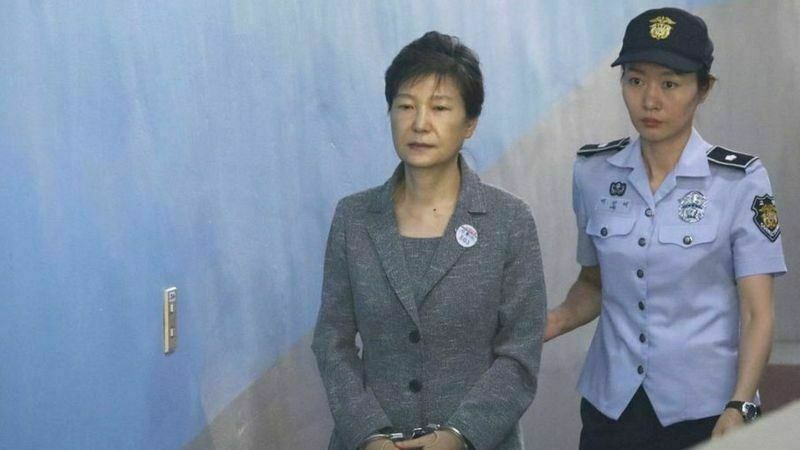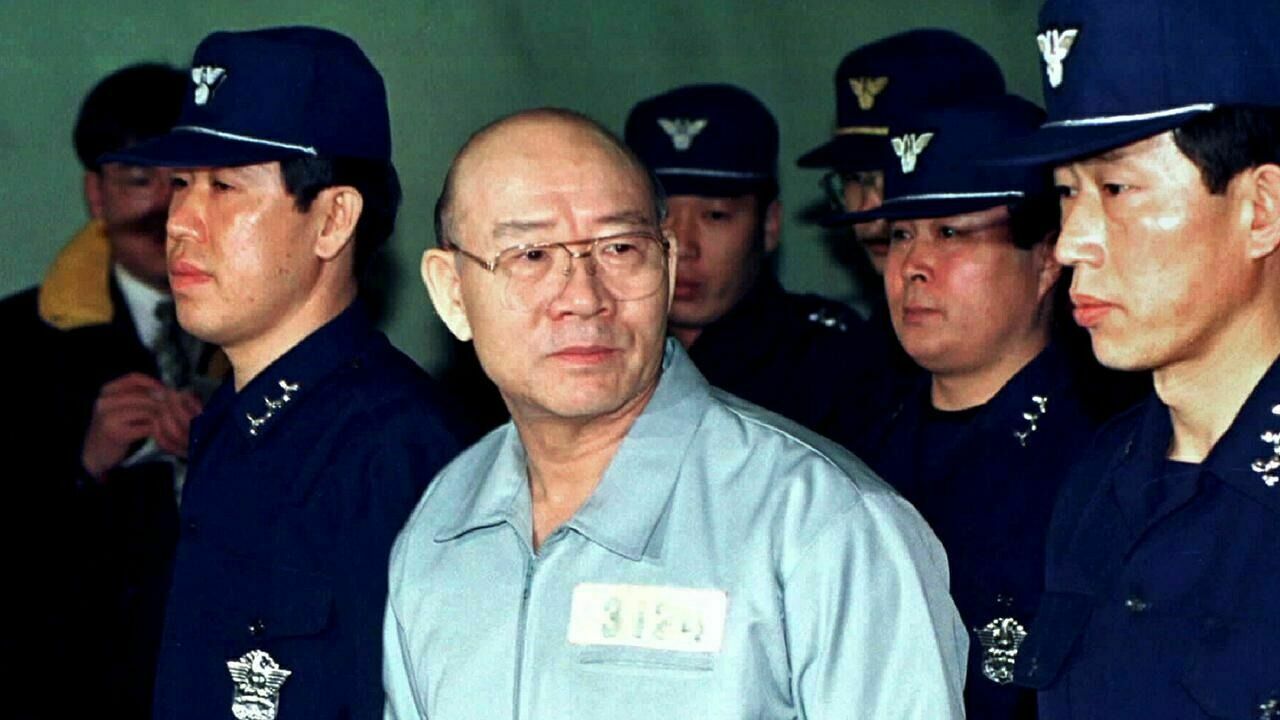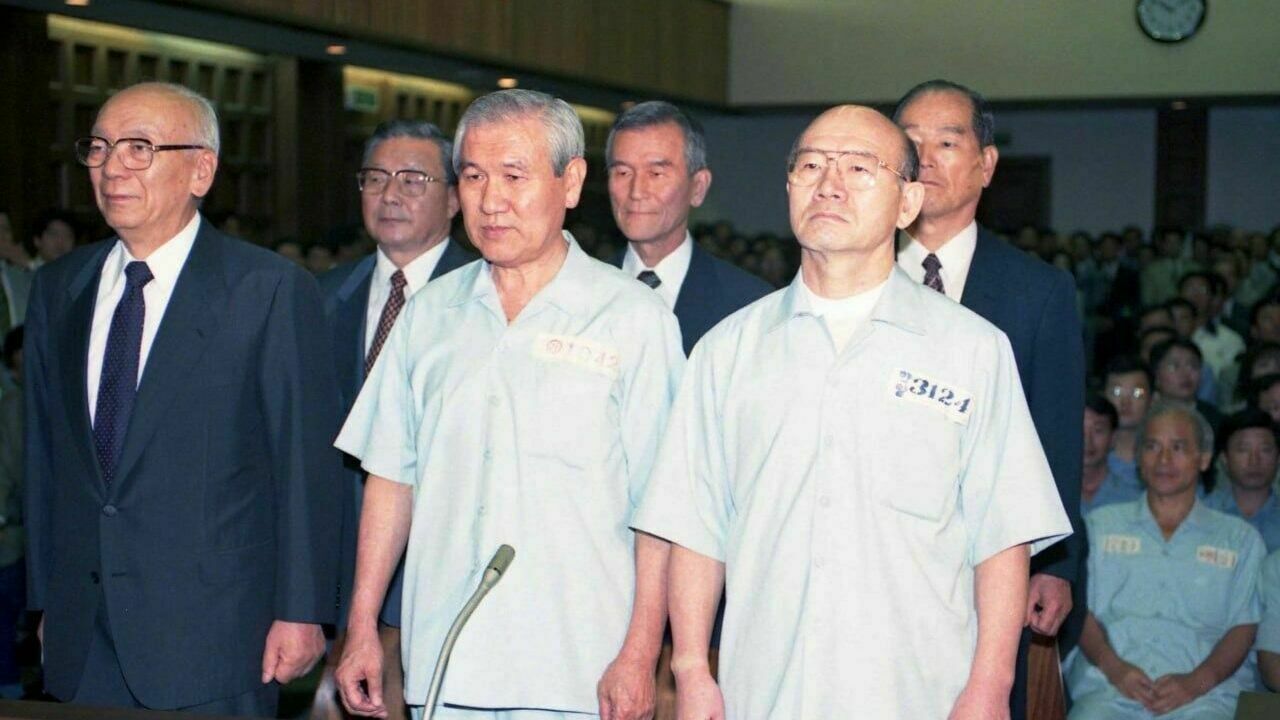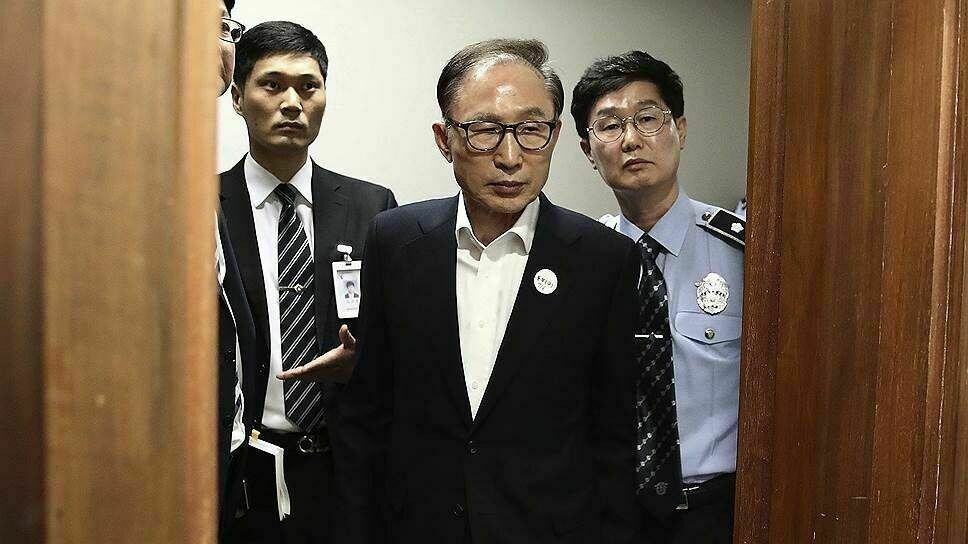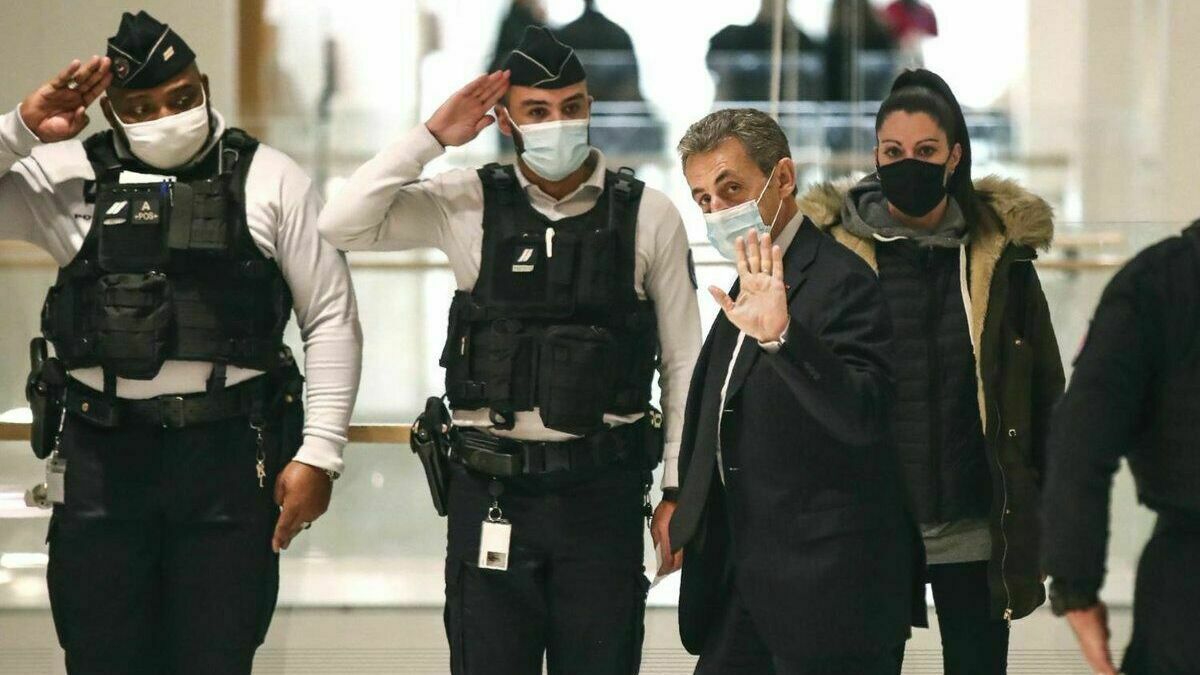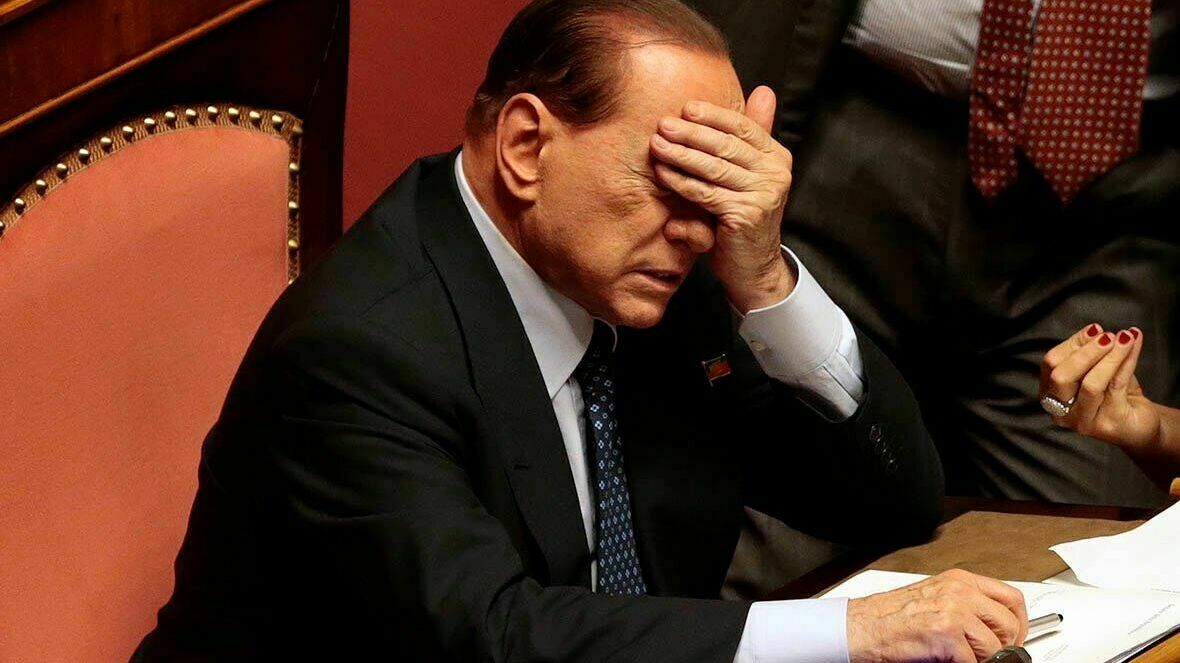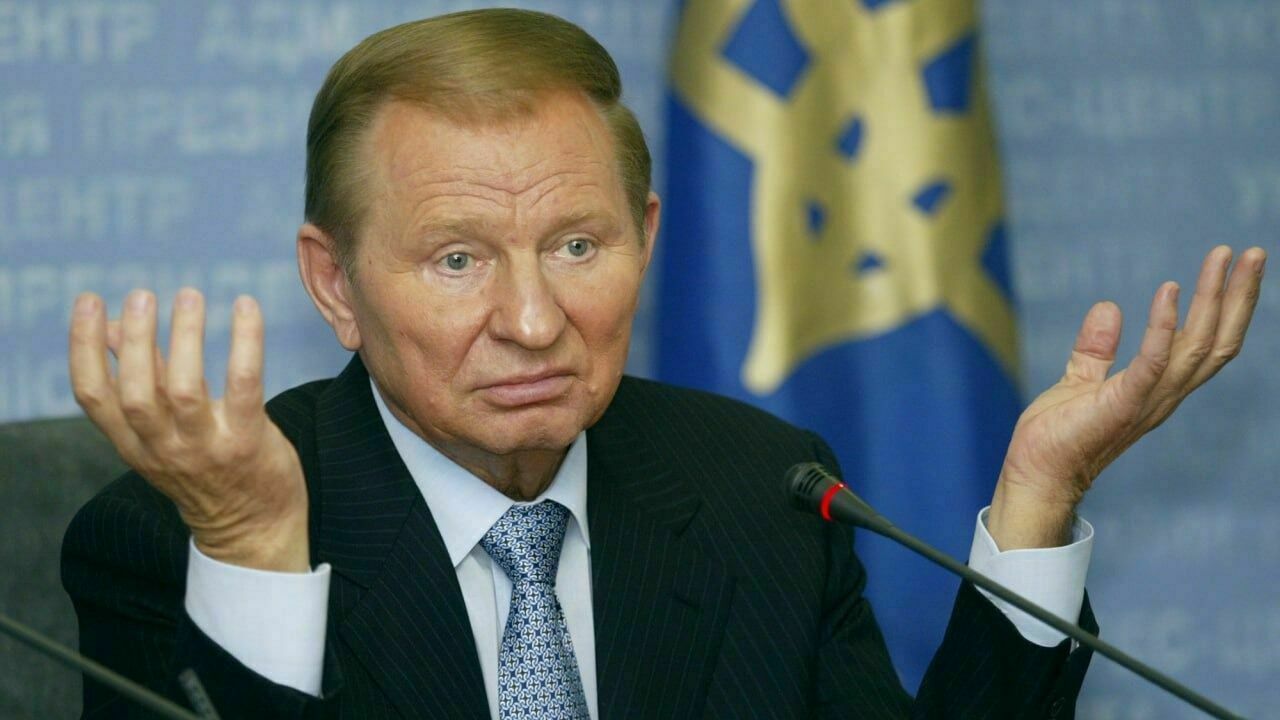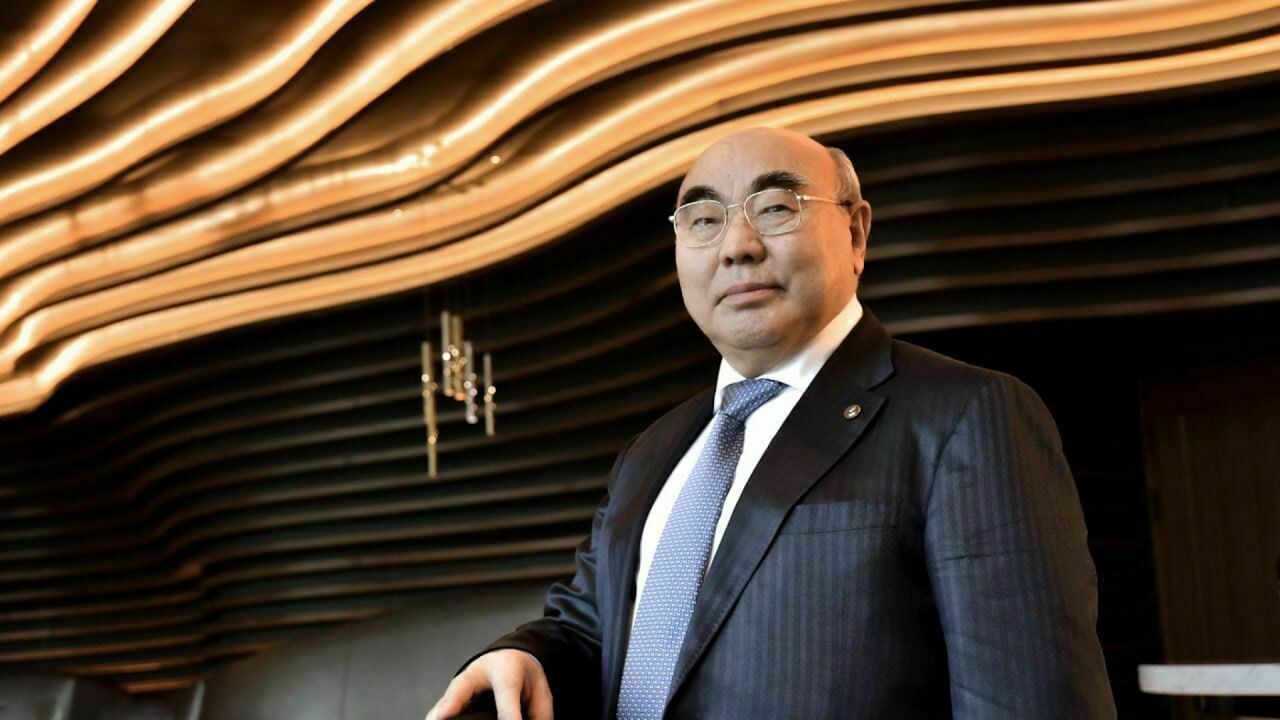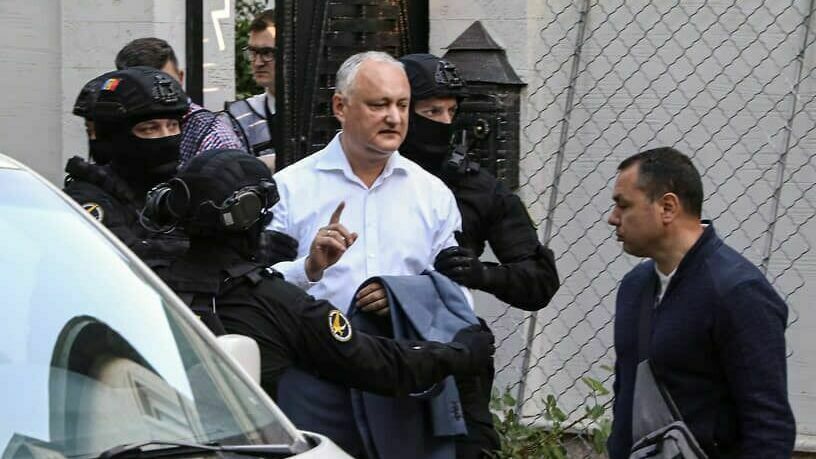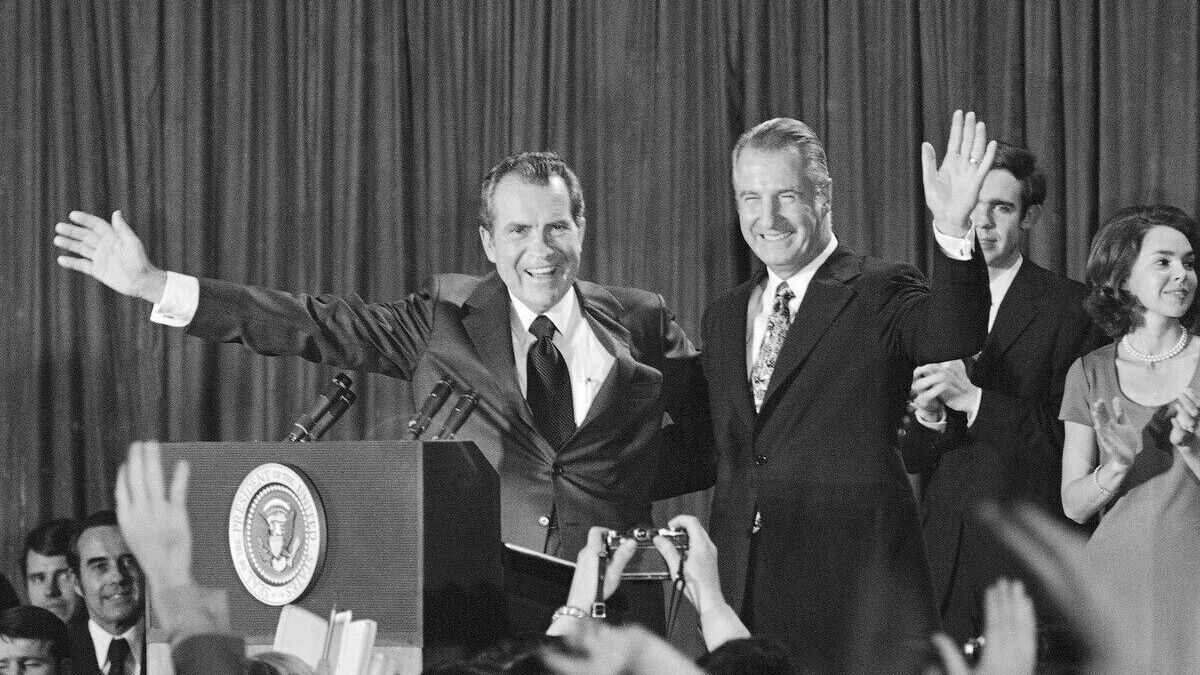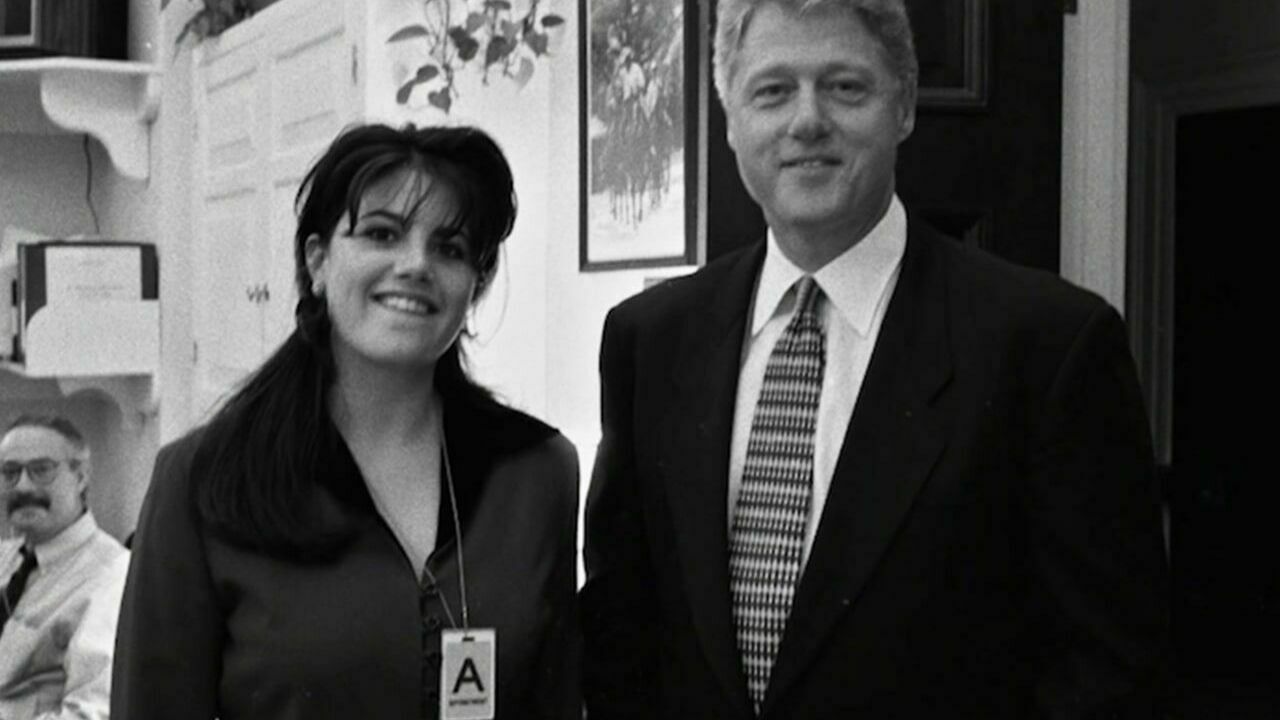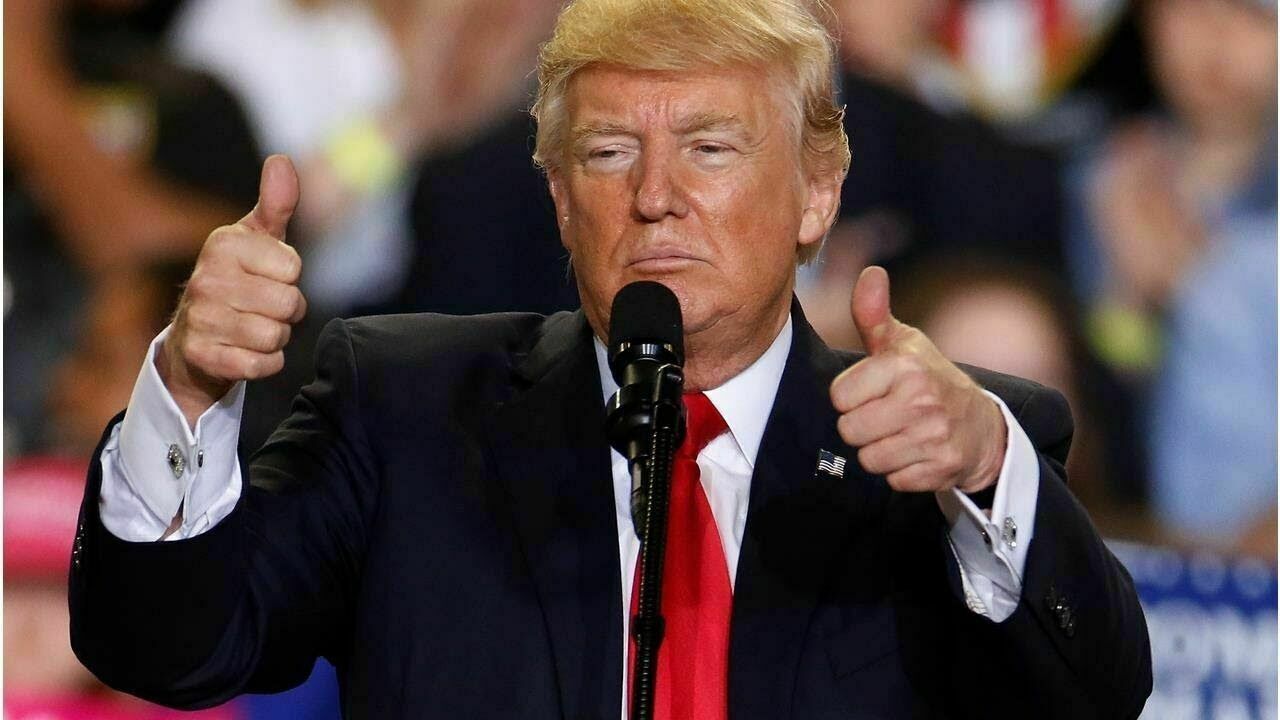Posted 4 апреля 2023, 07:03
Published 4 апреля 2023, 07:03
Modified 4 апреля 2023, 11:21
Updated 4 апреля 2023, 11:21
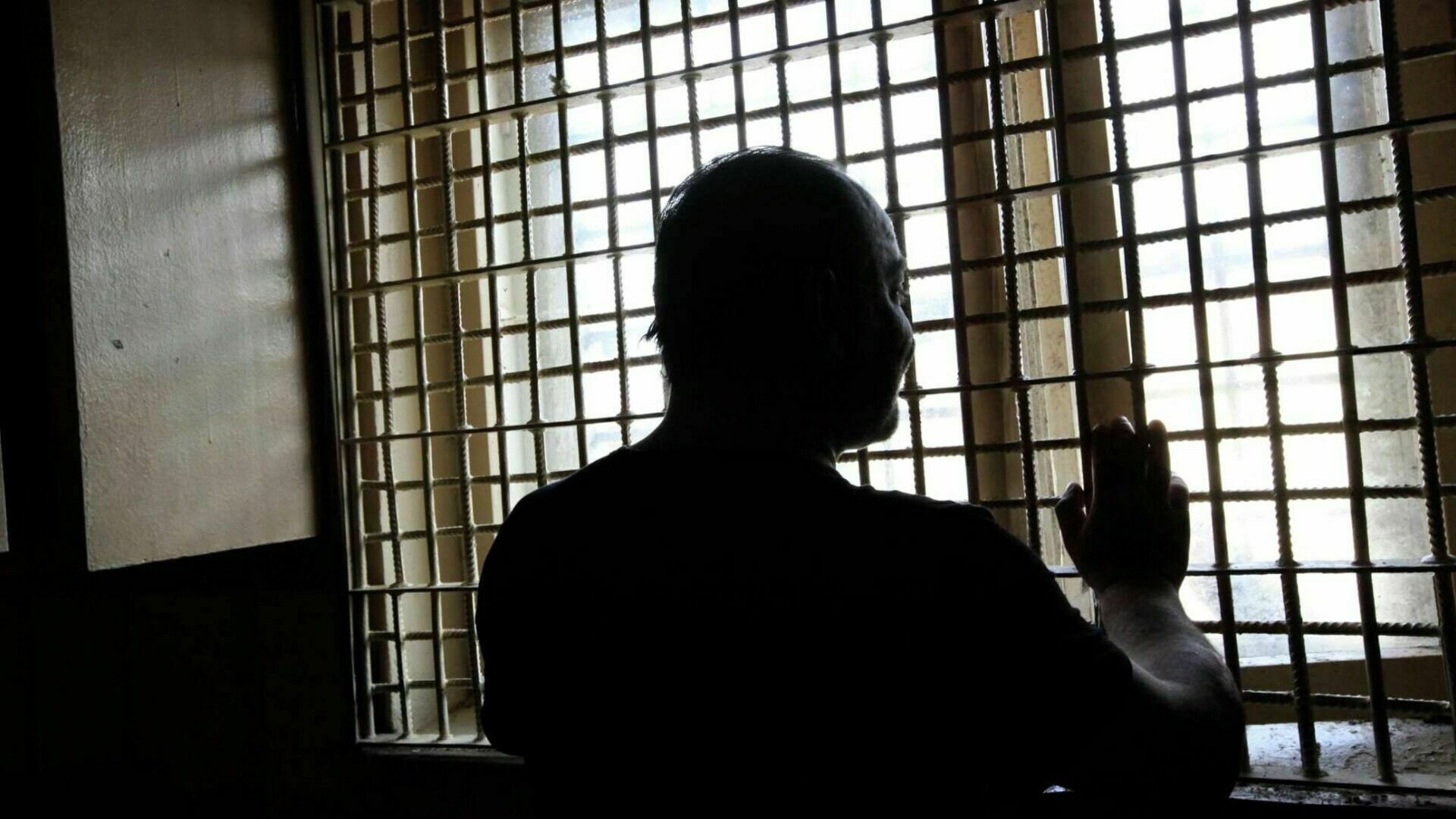
Putting president on trial: How the heads of State are imprisoned
State leaders cannot always escape criminal punishment
Victoria Pavlova
Presidents sometimes have an aura of inviolability around them.
But over the past 20 years, only one head of state has appeared before a criminal court: Former Ivorian President Laurent Gbagbo, who in 2011 was accused of crimes against humanity during the suppression of anti-government protests. In 2019, he was acquitted.
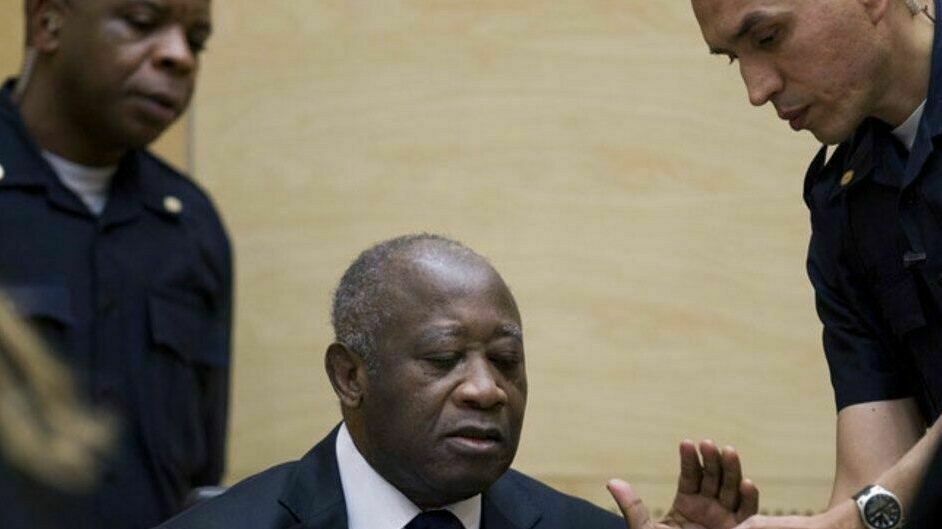

There were other cases when the court was going to conduct a case against national leaders. In the same 2011, an arrest warrant was issued for the head of Libya, Muammar Gaddafi. But Gaddafi did not have time to appear before the international tribunal. As you know, he was killed without trial with the help of the French Air Force, which destroyed Gaddafi's motorcade trying to leave Sirte.
In 2008, the court issued an arrest warrant for another African leader, the head of Sudan, Omar al–Bashir, on charges of genocide during the conflict in Darfur. The initiative of the lawyers provoked resistance from the League of Arab States, the African Union and the Non-Aligned Movement. In The Hague, they continue to wait for al-Bashir…
A formidable tyrant
One of the most famous defendants whose arrest was initiated by international bodies is the head of Serbia Slobodan Milosevic.
Milosevic, who was arrested in 2001 at his villa in The Hague, was accused of committing war crimes in Kosovo in 1999. They were classified as crimes against humanity. After Kosovo, there could be no innocent people left. The military conflict has claimed the lives of thousands of people, and in the most inhumane way, like the use of cluster munitions. To acquit Milosevic meant to admit that NATO was wrong. The situation of the Serbian president in court was aggravated by the fact that he and his family were distinguished by enviable wealth. Only about 100 million Swiss francs were found on bank accounts controlled by him in Switzerland. Milosevic did not live to see the verdict – he died in 2006.
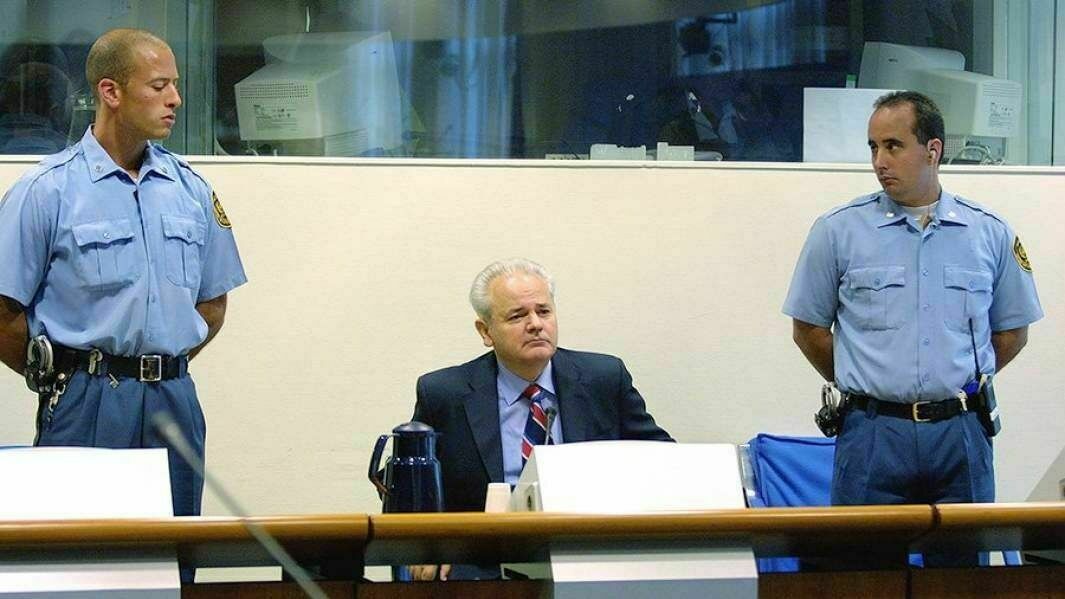

Korean traditions
But much more often, arrests of heads of state are carried out not by international bodies, but by their own native law enforcement officers.
Historically, the security forces from South Korea are particularly strict. For them, the president or the former president is not an authority. In 2018, the trial of ex-President Park Geun-hye, who was removed from her duties in 2017 under the impeachment procedure, ended. She was accused of abuse of office, corruption and disclosure of state secrets on 18 episodes. The case of extortion of money from large companies in exchange for political patronage was considered quickly – in less than a year. The court sentenced her to 20 years in prison and a fine of $ 16.6 million. This was the first time in Korea that the sentencing was broadcast live on television. However, already in December 2021, Park Geun-hye was granted amnesty despite the fact that the revealed offenses caused mass protests of Koreans dissatisfied with corruption.
In general, Korea has a long tradition of arresting presidents. In 1995, former President Chung Doo-hwan, who led the country from 1980 to 1988, was taken into custody. He was accused of organizing a coup in 1979. Mutiny, murder, corruption – for this the court sent him to prison for life. The next President Roh Dae-woo (1988-1993) was also indicted in 1996 on similar charges. Plus, receiving bribes from large Korean companies for $ 350 million. The court sentenced him to 22 years in prison. 2 years later, both participants in the 1979 coup were pardoned.
In 2018, former President Lee Myung-bak was arrested. He himself admitted to embezzling 107 million won (100 thousand dollars) from the secret funds of the National Intelligence Service. But he denied the charges of bribery and abuse of power. However, he still received 17 years in prison by 2020. According to Korean tradition, he spent about two years behind bars and was pardoned.
The exception in Korea was ex-President Noh Moo Hyun, who became a defendant in a criminal case in 2008. He was a witness in the case against his brother Noh Gong Pyong. But he did not manage to get an accusation against himself and sit down for 2 years – in 2009, Noh Moo Hyun committed suicide.
Free Europe
Europe cannot boast of such a harsh attitude towards the leaders of countries like Korea.
Presidents can also be prosecuted in the EU, but the results are completely different. The most colorful "criminal" in Europe is the former head of Italy Silvio Berlusconi. At first, he was accused of sexual parties involving underage girls. All the cases fell apart – Berlusconi was acquitted. And at the beginning of 2023, he was acquitted in the case of bribery of witnesses who took place in the Bunga Bunga party cases. The prosecution claimed that he spent about 10 million euros to bribe 22 witnesses (half of the amount went to an underage dancer from Morocco). Nerves were frayed, but 86-year-old Berlusconi remained at large.
Former French President Nicolas Sarkozy was less fortunate. A court in Paris ruled in 2021 that Sarkozy violated the rules of campaign finance in 2012. According to the prosecutor's office, the president spent 2 times more money than was allowed: 42.8 million euros with a limit of 22.5 million euros. In response, Sarkozy accused the company that led his election campaign of illegal enrichment, but the court did not believe him and sentenced him to 3 years in prison, including 2 years probation. But the background of Korea is a mere trifle.
Post–Soviet countries are no exception
The first accused president in the post-Soviet space was the former head of Ukraine Leonid Kuchma.
Back in 2011, the Prosecutor General's Office of Ukraine opened a criminal case against him on charges of abuse of authority, which led to the murder of journalist Georgy Gongadze in 2000. But already in 2011, the Pechersk Court of Kiev recognized the initiation of the case as illegal. The prosecutor's office tried to reopen the case in 2014, but nothing came of it.
At the beginning of 2023, the case against ex-President of Kyrgyzstan Askar Akayev was closed. Akayev, who fled Kyrgyzstan after the "tulip revolution" of 2005, returned to his homeland in 2021 and was immediately taken to the State Committee of National Security to testify in the case of the transfer of the Kumtor gold deposit in 1992 and 2003 to a Canadian company out of competition and the reduction of Kyrgyzstan's share in the joint venture. After giving evidence, Akayev was released, but former Prime Minister Temir Sariev was taken away.
The last to distinguish himself in the post-Soviet space was the pro-Russian President of Moldova Igor Dodon. After the pro-Western Maya Sandu came to power, Dodon was charged in May 2022 under four articles of the criminal code: passive corruption, financing of a political party from a criminal organization, illegal enrichment and treason. And in early 2023, Dodon was accused of forgery of medical documents that would allow him to travel to Romania to accompany one of his sons. Dodon remains under house arrest.
American Features
Donald Trump became the first US president (albeit a former one) to be subpoenaed.
But this does not mean that all his predecessors and followers are crystal clear and innocent. It's just that in the United States, unlike Korea, there is a tradition to quietly stop scandals related to presidents. So, in 1974, Richard Nixon was convicted that his people in 1972 installed illegal wiretapping at the headquarters of his election rival George McGovern in the Watergate complex. Espionage, the collection of compromising materials ended with Nixon's resignation. But criminal prosecution was conducted only against its employees (25 people were convicted).
The next high–profile case is a scandal against the background of "unacceptable" sexual relations between 49-year-old Bill Clinton and 22-year-old White House employee Monica Lewinsky. The President was accused of perjury and obstruction of justice. But in the end, they were accused only of contempt of court and imposed a fine of 90 thousand dollars.
However, Donald Trump is no stranger to litigation. In December 2022, he lost a hearing in the Court of Appeal in the case of the seizure of documents at his Mar-a-Lago residence in August 2022. The court decided that the searches were lawful.
Criminal prosecution is not only an instrument of justice, but also a great political struggle. There can be many applications to the court. For example, in mid-March 2023, eco-activists sued Joe Biden over his decision to approve the Conoco Phillips project to drill oil and gas wells in Alaska. There are a lot of reasons for criminal prosecution, but not all of them reach the court. And even less often they turn into real long prison terms. If this happens, then presidents in our time are granted pardons fairly quickly. Apparently, all of them are being corrected in an amazing way in record time.
